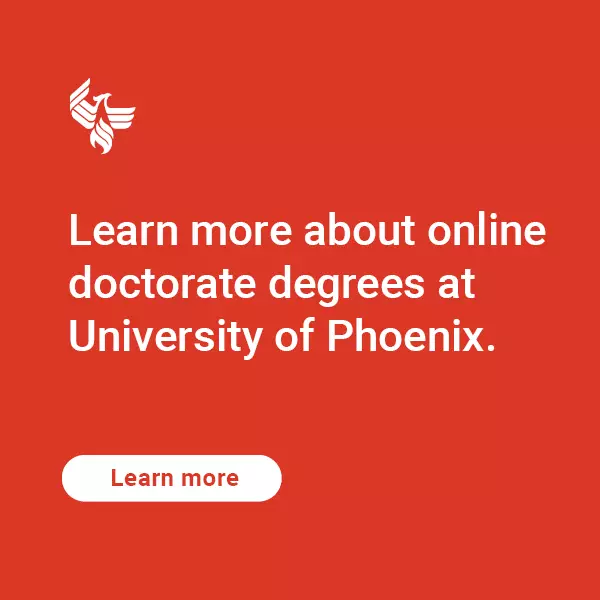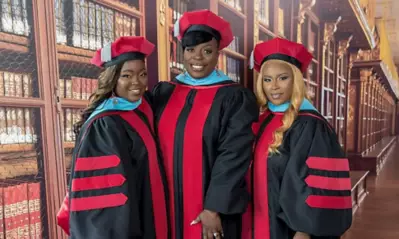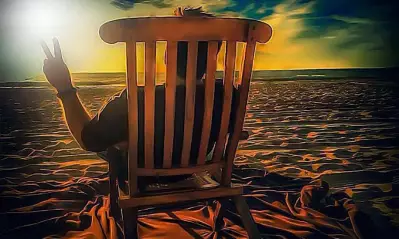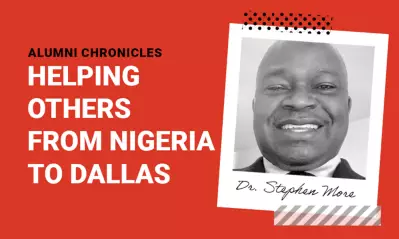Discover more stories in our Alumni Chronicles Magazine!
Committed: to cultivating resilience
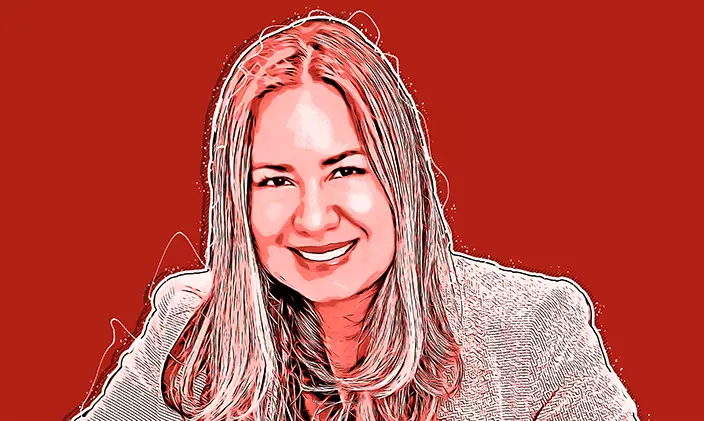
By Elizabeth Exline
A conversation with Giselle Poveda, PhD, is a lesson in professionalism. Dressed in sophisticated neutrals, she is cool, composed and collected in her role as provost of Miami Regional University (MRU).
Then you notice the nail polish.
Humans are complicated and layered, and Poveda is no exception. The flash of bright pink whenever Poveda makes a hand gesture is as symbolic as the tan blazer she wears. Yes, she is serious. She is also lively, fun and passionate about education and intellectual freedom and especially the ways those two concepts intersect. Her pathway to becoming MRUâs provost explains some of this passion. Her personal story, meanwhile, underscores the value of resiliency in both life and in work.ĖýĖý
An interrupted childhood
Ėý
Poveda was born in Nicaragua, but political upheavals uprooted her family to Costa Rica when she was only 4. Then, when Poveda was 13, her family relocated again, this time to the U.S., where Povedaâs father had citizenship.
âI began high school without a word of English,â Poveda recalls. âI would memorize the textbooks so I could do the multiple choice and true/false [questions] just based on text.â
Luckily, Poveda was a fast learner. In three months, she could communicate in English, and sheĖýbecame a U.S. citizen when she was 16. She decided to continue her studies at Loyola University New Orleans, where she majored in philosophy and history and minored in Latin American studies.
âMy momâs advice was, âStudy something that interests you and that youâre passionate about,ââ Poveda says with a chuckle. âShe never mentioned the money.â
Part of a new Nicaragua
This idealism may explain Povedaâs decision to return to Nicaragua after she graduated college. It was the summer of 1996, and the country was experiencing a cultural rebirth.
âIt had gone through a lot of war, and it was becoming democratic, so new schools and universities were opening in the â90s,â Poveda says.
PovedaĖýanswered the call for teachersĖýand took a position at a high school where she says she fell in love with teaching. This love spurred her on to earn a masterâs degree in education, which she used to gain a position at Universidad Americana, a nascent American university based in Nicaragua.
Like many of her generation, Poveda wanted to make the world a better place, and she saw education as a pathway to do so. In order to maximize her impact, she decided to focus on theĖýadministrative side of education, knowing this path meant she would have to continue her own education.Ėý
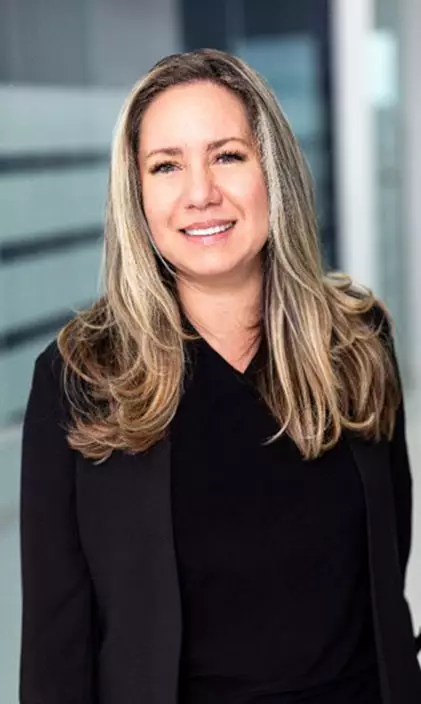
Detour to a doctoral degree
In 2008, she enrolled at °ÄÃÅĖėĖėēĘŋŠ―ąžĮž (UOPX) to pursue her Doctor of Philosophy in Higher Education Administration. (The University has since retired the PhD program to prioritize the practitioner degree programs, which underscore the Universityâs mission to help students achieve professional goals, improve the performance of their companies and provide leadership to their communities.) The daughter of Povedaâs boss had highly recommended UOPX, but Poveda was skeptical â until she started the program.
âI decided to take the first course of the [PhD program], and I decided if I didnât believe it was [high] quality, I wasnât going to do it. I took the first course, and I was blown away by the organization, the platform, the resources and the instructors,â Poveda says.
But the road to matriculation was paved with challenges. Poveda was living abroad with unreliable electricity, no libraries and long wait times for deliveries. She had a hard time reading on a screen and subsequently printed all her books.
There were personal problems too. Poveda went through a divorce, and her daughter had a chronic health condition that required surgery and a lot of anxious care for much of her infancy.Ėý
Whenever Poveda contemplated giving up on her degree, however, her University chair âwalked her back,â she says, and encouraged her to stick with it.Ėý
By 2018, a full 10 years after starting the program, Poveda arrived in Miami to have her PhD conferred on her. The trip was a gift from her parents, and her chair flew out from Arizona to hood her.Ėý
âIâm glad I [completed the program], because when I walked that day after 10 years, it was an amazing feeling,â Poveda says. âTo tell you the truth, I donât know where Iâd be without it.â
She returned to Nicaragua, but clouds of change had begun to gather over the country. The leader whom Povedaâs family had opposed 25 years earlier had regained power, andĖýnew uprisings were beginning.
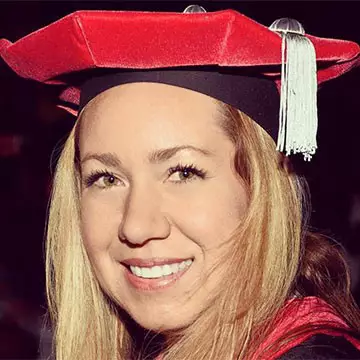
âWe all thought it was over,â Poveda says grimly. âIt wasnât.â
Coming back full circle (except wiser)
The students Poveda taught began to fight the same regime Povedaâs parents had opposed. Once again, Poveda found herself caught in the crosshairs. The police questioned her. Her colleagues were arrested. Poveda knew it was time to get out.
She arrived back in Miami in 2020, just as the U.S. entered lockdowns for the pandemic. Her resilience, born from her childhood experiences and honed during her adulthood, meant she could start from nothing once again â and thrive.
Here, she explains how resiliency can benefit more than the individual.
Describe your situation in Nicaragua between 2018 and 2020.
In 2018, the first students began dying and getting tortured and captured. A student of mine died at the beginning of that year from a heart attack. He was 21.
The situation was very difficult. Here were our students whom we loved. They were in trouble, and there was nothing we could do.
Talking to mothers, their kids had disappeared. What do you tell a parent? âIâm sorry we havenât seen your kid.â
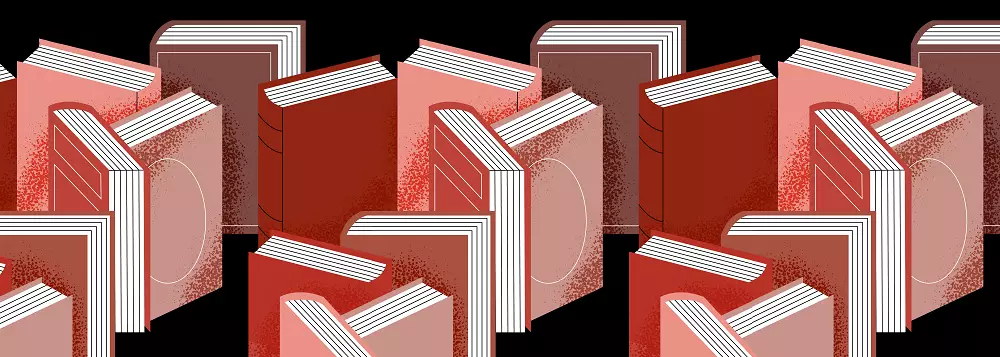
You devoted 25 years of your life to education and growing the Universidad Americana in Nicaragua, only to have to leave it all behind. How do you cope with that loss?
Almost immediately after I got my PhD, [the government] began persecuting our students at the university, and it was our students who led the movement [against the government].
Accepting that this was happening was really hard, because we (and I say âweâ because it was the whole country) couldnât believe this was happening again with the same guy [President Daniel Ortega]. We had invested our lives and our careers in this country to help raise it up, and then everything went back 25 years in a matter of two weeks.
[The police] interrogated me [about my colleagues]. After the second time, I said, âThis is not looking good. This is North Korea, and Iâm leaving.â So, I left with $5,000.
Weeks later, my colleagues were in prison for no reason.
I used to cry a lot because I used to think that I had wasted 25 years of my life until I realized that the difference is not in the institutions weâre allowed to build; itâs in the lives that we transform through those institutions.
We did 25 years of transformation. So, I have to think it wasnât a waste of time. In those 25 years, we did transform generation after generation, and thatâs why [the Nicaraguan president] sought to destroy them and exile us all.
Given your experience as a naturalized American citizen and as a two-time expatriate of Nicaragua, what do you think the Hispanic community offers the U.S.?
The Hispanic population that comes here has a lot of resilience, a lot of wisdom and a love for freedom, because I believe that you learn to cherish what you donât have. We bring perspective to people who donât know what itâs like to be persecuted, to be without freedom. To just want to live and let live.
I love this country. This is, I hate to say it, but it is the best country Iâve ever lived in, and Iâve lived in many countries. I lived in Nicaragua, Costa Rica. I lived in Spain and in Germany. Iâve been to India, Canada, Panama, Colombia, you name it, and I wouldnât trade the U.S. for any other country in the world.
Iâm not saying itâs perfect. Itâs not. But with all the defects, I think weâre given more tools here to own our own lives than anywhere else.

What's one cultural norm from Latin America that you think could enrich the U.S.?
The family values.
The loud, crazy music and things like that, thatâs the icing on the cake. If I were to choose anything that I would bring with me, always it is that strong family.Ėý
What role does education play in cultivating resiliency?
I think education gives you perspective. It allows you to see things. I know education did that for me, and thatâs what I consider true education.
I want to make sure, moving forward, that we [make] universities as open, safe places where every single idea, no matter how disgusting to anyone, can be debated openly and shared without fear.
Universities have to go back to that, because I think we have deviated from that. And as provost, that is something I always want to make sure is found in my university.
When I [was] an undergrad, the craziest things would be discussed, and I could tell someone, âI disagree with you. I donât like what youâre saying.â And it was an open, fearless conversation. I love that about the United States. I came back 25 years later, and everyone is taking care of what theyâre saying, and everyone is fearful. Iâm like, âWeâre in the university. You can say whatever you want. Letâs discuss it. I wanna hear it. Why are you thinking like that?â
Weâre not here to only discuss nice little things that you like. Weâre here to make you think, to present things that might upset you. And then to have you grow from them.
That is what gives you resilience.
Read more alumni stories on our blog!
